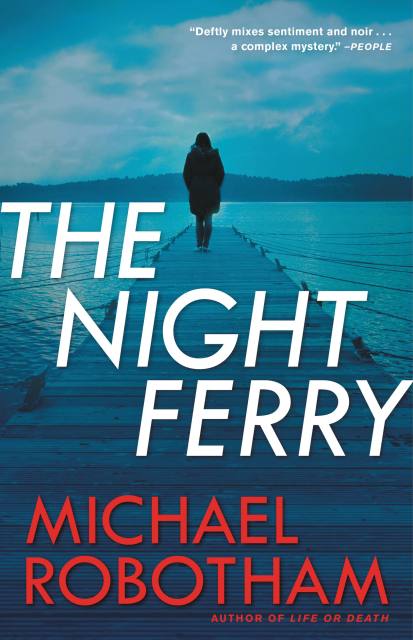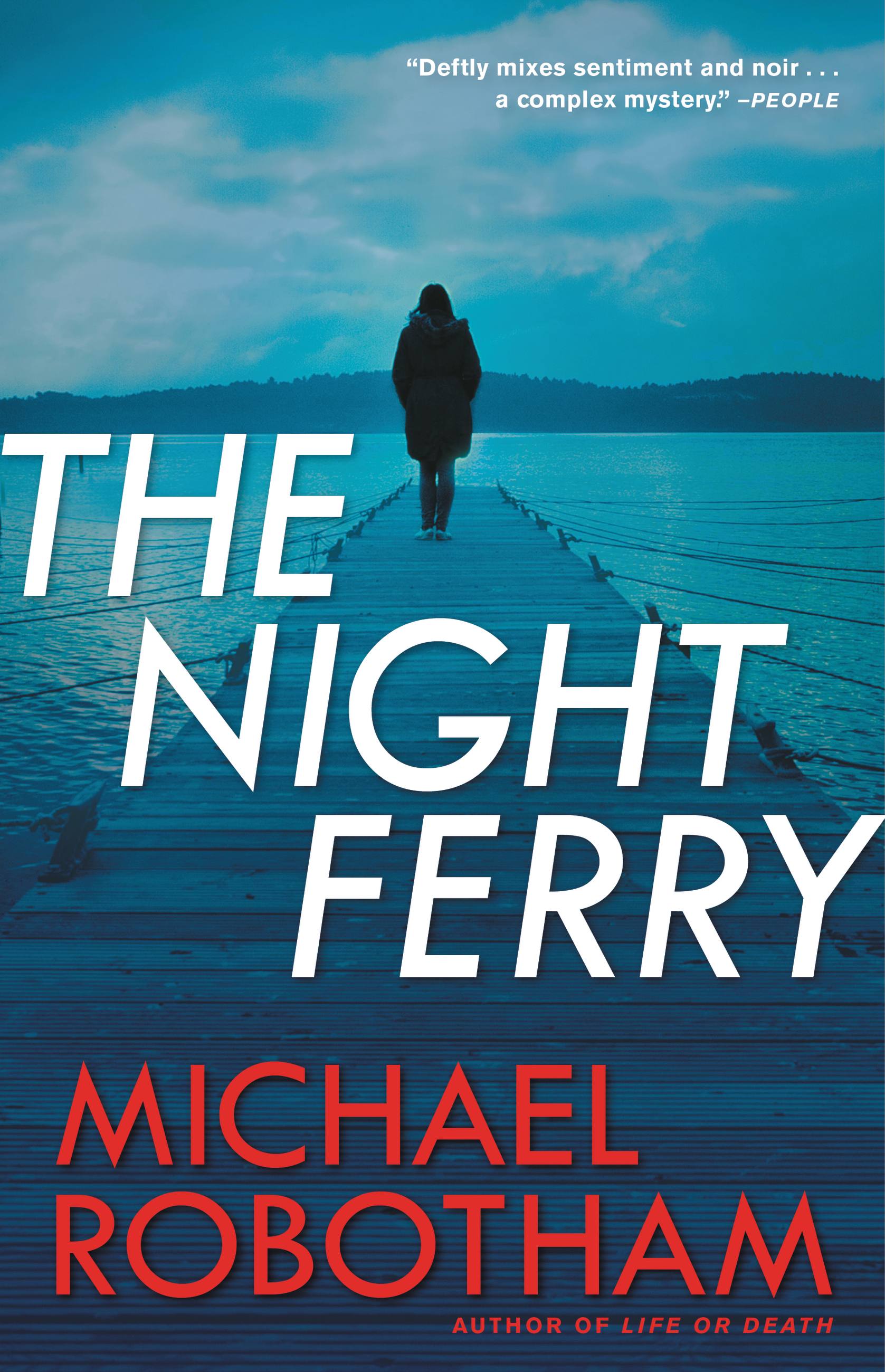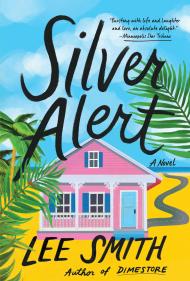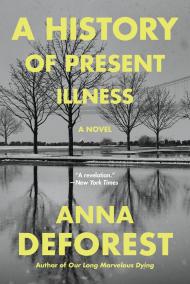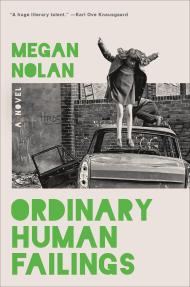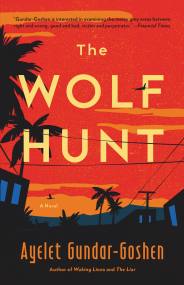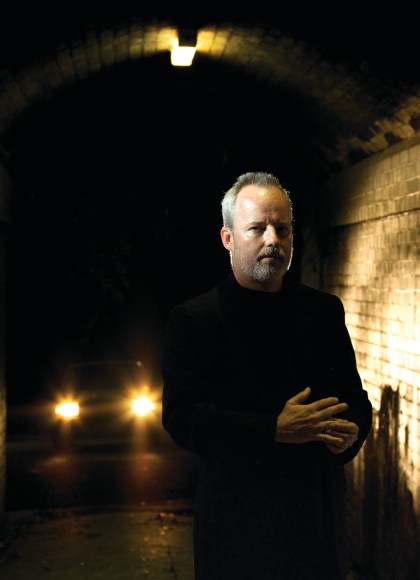Promotion
Use code MOM24 for 20% off site wide + free shipping over $45
The Night Ferry
Contributors
Formats and Prices
Price
$10.99Format
Format:
ebook (Digital original) $10.99This item is a preorder. Your payment method will be charged immediately, and the product is expected to ship on or around July 14, 2015. This date is subject to change due to shipping delays beyond our control.
Also available from:
Struggling detective Alisha Barba is trying to get her life back on track after almost being crippled by a murder suspect. Now on her feet again, she receives a desperate plea from an old school friend, who is eight months pregnant and in trouble. On the night they arrange to meet, her friend is run down and killed by a car and Alisha discovers the first in a series of haunting and tragic deceptions.
Determined to uncover the truth, she embarks upon a dangerous journey that will take her from the East End of London to Amsterdam’s murky red light district and into a violent underworld of sex trafficking, slavery and exploitation.
“Vibrant and utterly contemporary . . . An altogether superior thriller.” — Los Angeles Times
Determined to uncover the truth, she embarks upon a dangerous journey that will take her from the East End of London to Amsterdam’s murky red light district and into a violent underworld of sex trafficking, slavery and exploitation.
“Vibrant and utterly contemporary . . . An altogether superior thriller.” — Los Angeles Times
Genre:
- On Sale
- Jul 14, 2015
- Page Count
- 432 pages
- Publisher
- Mulholland Books
- ISBN-13
- 9780316252287
Newsletter Signup
By clicking ‘Sign Up,’ I acknowledge that I have read and agree to Hachette Book Group’s Privacy Policy and Terms of Use
